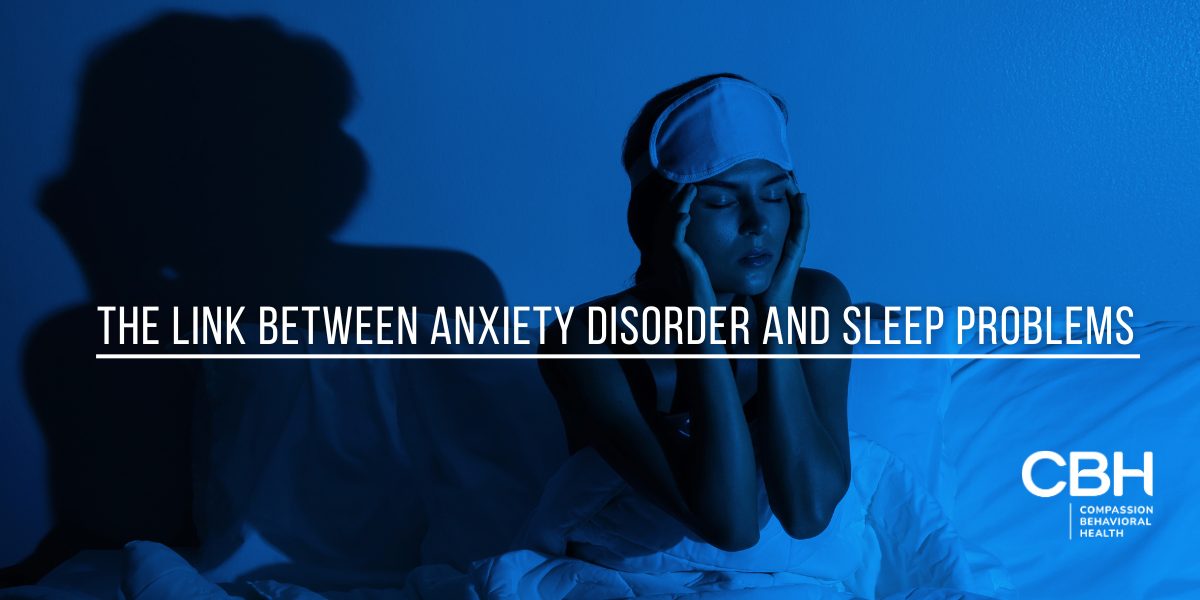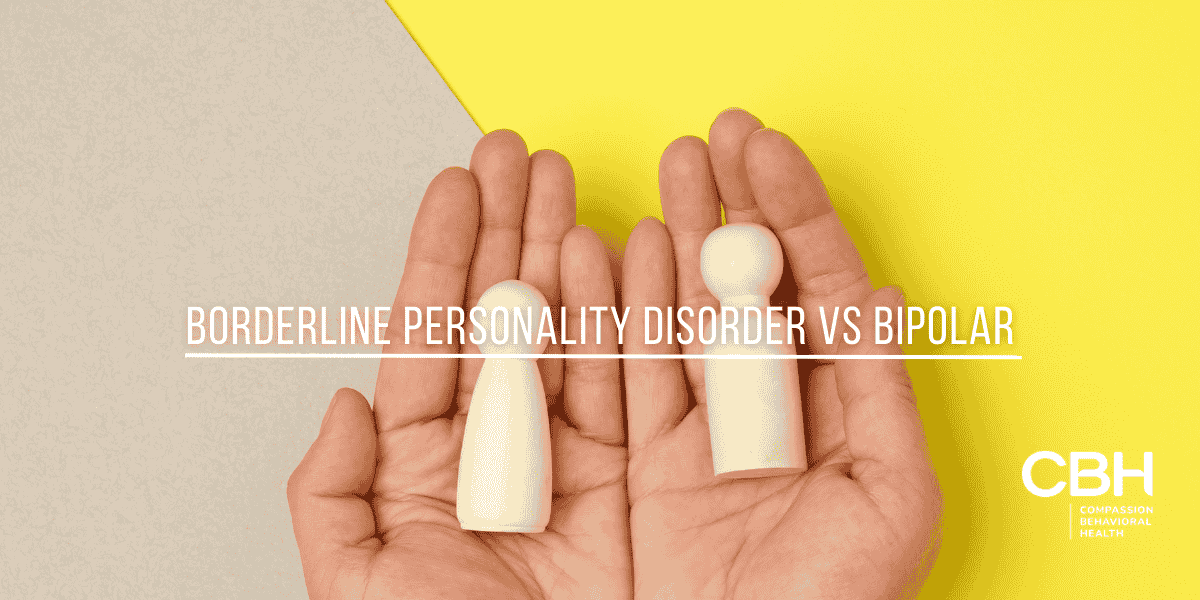Depression can present itself in many forms. For some people, the symptoms can feel debilitating and interrupt their ability to live a fulfilling life. Others may experience a “high functioning” form of depression where they are able to still maintain a productive lifestyle though they experience some thoughts, feelings, and physical symptoms.
Regardless of where a person may fall on a spectrum of severity, treatment can help overcome the obstacles that depression symptoms create. Today, we are going to cover some essential information about high functioning depression. If you need help, please call us today at (844) 999-0874.
General Symptoms of Depression
As stated by the Mayo Clinic, general symptoms of depression include:
- Feelings of sadness, lack of fulfillment, or hopelessness
- Outbursts of anger, feelings of irritability, or frustration
- Loss of interest in usual passions, hobbies, or other important areas of life
- Difficulties maintaining a healthy sleep cycle
- Feeling tired or lacking in energy, even for small or simple tasks
- Decreased or increased appetite, potentially resulting in changes in body weight
- Feelings of restlessness, anxiety, or agitation
- Slowed thinking or speaking
- Low self-image, self-esteem, and feelings of guilt
- Difficulty concentrating, thinking clearly, or remembering
- Thoughts of death, suicidal ideation, or attempts at suicide
- Physical symptoms like headaches or muscle pain
How is High Functioning Depression Identified?
High functioning depression is not an officially classified diagnosis in the Diagnostic and Statistical Manual of Mental Disorders, Fifth Edition (DSM-V). However, many professionals agree that it exists on a spectrum of severity.
Depression is typically diagnosed after symptoms are present for at least two weeks. For high functioning depression, individuals may be able to maintain their work or school performance and social functioning but can still experience some symptoms.
It’s important to note that just because someone is able to maintain their daily functioning does not mean that they are not experiencing depression. The term “high functioning” can be misleading as it may give a false impression that the person is not struggling. In reality, high functioning depression can be just as serious and debilitating as any other form.
What Are Some Indicators of High Functioning Depression?
As stated above, high functioning depression is not an official diagnosis in and of itself, and it may be easy to miss signs in a person who lives with depression while maintaining a relatively productive life. However, there are some signs or symptoms that may be more likely to occur in high functioning depression as opposed to other forms.
Some examples that someone might be struggling with high functioning depression could include:
- Excessive preoccupation with work or productivity – such as frequently working late when not needed, using work as an excuse not to participate in other activities, rarely using paid time off, etc.
- Perfectionism – feelings that nothing ever seems to feel “right” or “good enough”.
- Excessive need for approval – constantly seeking approval, reassurance, or validation from other individuals.
- Extreme self-criticism – negative or self-deprecating thoughts about oneself on a regular basis.
- Low stress tolerance over mundane factors in life, such as mild work issues, social interactions, household chores, etc.
Getting Help for High Functioning Depression
Even for high functioning cases, depression is a serious condition that can cause adverse effects on a person’s health if not addressed and treated.
Depression is most commonly treated through psychotherapy, but antidepressant medication may also prove helpful with alleviating symptoms.
The cause of the depression can also influence treatment plans. In some cases, the condition could result from a specific life experience, while others could be related to one’s natural brain chemistry.
For example, someone who experienced the recent death of a loved one may have feelings of depression as a result of their grief. Conversely, someone whose brain does not naturally produce enough serotonin may struggle with chronic symptoms that require medication such as a selective serotonin reuptake inhibitor (SSRI).
If medication is prescribed to help you manage your depression symptoms, be sure to closely follow the doctor’s directions for taking it. Most antidepressants require a weaning period and should not be stopped suddenly unless advised by a medical professional.
Treatment for Depression in Hollywood, FL
At Compassion Behavioral Health, we provide treatment for all forms of depression to individuals throughout the United States from our center in beautiful Hollywood, FL. If you are interested in treatment for yourself or a loved one, please call us today at (844) 999-0874 to speak with us confidentially or reach out online anytime.



